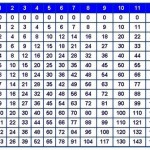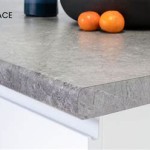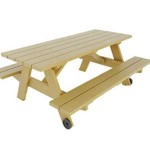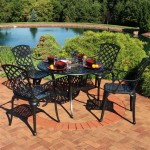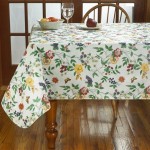Essential Aspects of Best Soil For Growing Vegetables In Planters
Growing your own vegetables in planters is a rewarding experience that allows you to enjoy fresh, organic produce. However, choosing the right soil is crucial for the success of your gardening endeavor. Here are the essential aspects to consider when selecting the best soil for growing vegetables in planters.
1. Drainage
Proper drainage is essential for preventing root rot and other soil-borne diseases. Make sure the planter has drainage holes at the bottom to allow excess water to escape. A well-draining mix should have a balance of organic matter, such as compost or peat moss, and inorganic matter, such as perlite or vermiculite.
2. pH Level
The pH level of the soil determines its acidity or alkalinity. Most vegetables prefer a pH range between 6.0 and 6.5, which is slightly acidic. If the pH level is too low or too high, it can affect the availability of nutrients to the plants.
3. Nutrient Content
Vegetables require a balanced supply of nutrients to thrive. Choose a soil mix that contains a blend of essential macronutrients, such as nitrogen, phosphorus, and potassium, as well as micronutrients like calcium, magnesium, and iron. Organic matter, such as compost or manure, can provide a natural source of nutrients.
4. Texture
The texture of the soil refers to the size and shape of its particles. A good potting mix for vegetables should have a loamy texture, which is a balanced mix of sand, silt, and clay. This texture allows for good drainage while retaining moisture and nutrients.
5. Organic Matter
Organic matter helps improve soil structure, fertility, and water retention. It can be added to the soil mix in the form of compost, peat moss, or manure. Organic matter also promotes microbial activity, which is beneficial for plant growth.
6. Other Considerations
In addition to the five essential aspects mentioned above, there are a few other factors to consider when choosing soil for growing vegetables in planters.
- Volume: Choose a planter that is large enough to accommodate the root system of the vegetables you are growing.
- Weight: Consider the weight of the soil when filling the planter. A lightweight mix, such as one with perlite, can be beneficial for larger planters.
- Amendments: If the soil mix you choose does not contain all the necessary nutrients, you may need to add amendments, such as fertilizer or lime, to meet the specific needs of your plants.
By considering these essential aspects, you can select the best soil for growing vegetables in planters and ensure a successful and productive harvest.

Growing Large Vegetable Plants In Containers Set Up Soil Mix Planting Tomatoes Peppers

How To Prepare The Best Soil For Growing Vegetables

The Best Soil For A Raised Garden Bed

Growing In Soil Bags Container Gardening Made Easy Roots And Refuge

Best Soil For Raised Bed Vegetable Gardening Growing In The Garden

Choose The Best Soil For Your Container Garden Brown Thumb Mama

Try Soil Bag Planting For No Dig Beds Finegardening

Best Soil For A Vegetable Garden Mathiou Services

Quickstart Guide To Container Vegetable Gardening Lovely Greens

How To Make Potting Soil Mix For Vegetables Homemade Recipes Top Mixes Vegetable Garden



